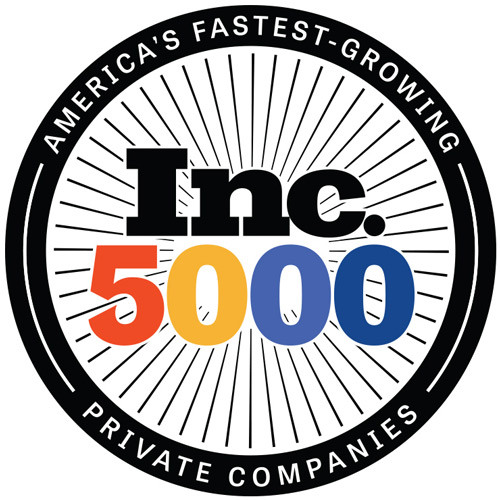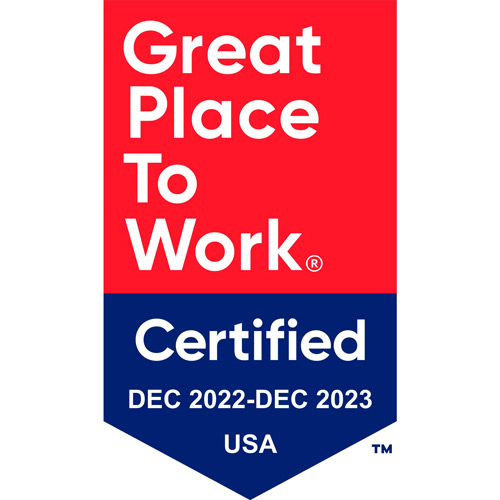Quality Control in Pharma Manufacturing
- Jessica R.
- February 2, 2024
- Edited February 2, 2024
Table of Contents
In the dynamic world of pharmaceuticals, staying aligned with regulatory standards is not just a good practice; it’s a fundamental requirement. This guide delves into the intricate realm of pharmaceutical regulatory compliance, a critical aspect that ensures the safety, efficacy, and quality of medications reaching consumers. Compliance isn’t a static state but an ongoing process, adapting to evolving regulations and technological advancements. Whether you’re a seasoned professional or new to the industry, understanding these regulations is pivotal to the success of any pharmaceutical venture. Here, we simplify these complex regulations into digestible insights, offering clarity and practical advice to help you effectively manage compliance challenges.
The Role of Regulatory Agencies in Pharmaceutical Compliance
Pharmaceutical regulatory compliance begins with understanding the role of regulatory agencies. These bodies, such as the FDA in the United States and the EMA in Europe, set the standards for drug development, approval, and post-market surveillance. Their guidelines encompass a wide array of requirements, from clinical trial conduct to marketing practices. Adhering to these regulations is not just about following rules; it’s about ensuring that the drugs provided to patients are safe and effective. Additionally, each decision, from the initial research phase to the final product release, must align with the stringent standards set by these agencies.
Understanding the Importance of Clinical Trials in Compliance
Moreover, clinical trials are at the heart of pharmaceutical regulatory compliance. These trials are meticulously designed to test the safety and efficacy of new drugs. Rigorous standards govern how these trials are conducted, from participant selection to data reporting. For a pharmaceutical company, ensuring that clinical trials meet regulatory requirements is crucial. This involves maintaining accurate records, ensuring patient safety, and reporting results transparently. Compliance in clinical trials not only satisfies regulatory demands but also builds trust in the pharmaceutical product, which is essential for market success.
Navigating Manufacturing and Quality Control Standards
Furthermore, pharmaceutical manufacturing and quality control are critical components of regulatory compliance. This segment covers the standards and practices required to ensure that every batch of medication meets quality criteria. It involves understanding Good Manufacturing Practices (GMP), which are guidelines that cover everything from the raw materials used to the training of personnel. Adherence to these standards is imperative to prevent contamination, errors, and inconsistencies in drug production. For pharmaceutical companies, maintaining compliance in manufacturing is not only about meeting regulatory demands but also about upholding their reputation for quality in a highly competitive market.
The Significance of Labeling and Marketing Compliance
In addition to manufacturing standards, labeling and marketing play a pivotal role in pharmaceutical regulatory compliance. The information provided on drug labels and in marketing materials must be accurate, clear, and supported by scientific evidence. This includes detailed dosage instructions, potential side effects, and specific conditions the drug treats. Regulatory agencies scrutinize this information to prevent misleading claims and ensure public safety. For pharmaceutical companies, compliance in labeling and marketing is crucial to avoid legal pitfalls and maintain consumer trust. It’s a balancing act of providing sufficient information while adhering to regulatory guidelines.
Post-Marketing Surveillance and Compliance
Equally important, once a drug hits the market, the compliance journey doesn’t end. Post-marketing surveillance is a critical aspect of pharmaceutical regulatory compliance. This process involves monitoring the drug’s performance in the real world, identifying any adverse effects not observed in clinical trials, and updating safety information. Pharmaceutical companies are required to report these findings to regulatory authorities and take necessary action if issues arise. This continuous monitoring ensures that the drugs remain safe and effective throughout their lifecycle and that any emerging risks are promptly addressed.
Global Compliance and Navigating International Regulations
Lastly, in our interconnected world, pharmaceutical companies often operate in multiple countries, each with its own set of regulatory standards. Understanding and adhering to these diverse regulations is a complex but essential part of pharmaceutical regulatory compliance. This includes harmonizing practices to meet the highest global standards and adapting to local regulations in each market. Companies must be diligent in their research and agile in their operations to navigate this global regulatory landscape successfully. Staying compliant internationally not only ensures market access but also reinforces a company’s commitment to global health standards.
Conclusion
In conclusion, pharmaceutical regulatory compliance is an intricate and ongoing process, vital for ensuring the safety and efficacy of drugs available to patients. From the role of regulatory agencies to the complexities of global compliance, each aspect plays a crucial part in upholding the highest standards in drug development and distribution. This guide has aimed to simplify these multifaceted regulations, providing a clearer understanding of the compliance landscape. In an industry where patient health is the priority, maintaining stringent compliance is not just a regulatory requirement; it’s a moral imperative. Pharmaceutical companies that embrace this commitment not only succeed in the market but also earn the trust and respect of the consumers they serve. Ultimately, effective compliance is the cornerstone of a responsible and successful pharmaceutical industry, contributing to the betterment of global healthcare.
Read More:
Evaluating Pharma Consultants

Jessica R.
Jessica is a seasoned GMP compliance consultant and technical writer specializing in pharmaceutical manufacturing, data integrity, and quality assurance. With over 12 years of experience working with global pharmaceutical firms, Jessica brings deep industry insights into FDA, EMA, and MHRA regulations.


